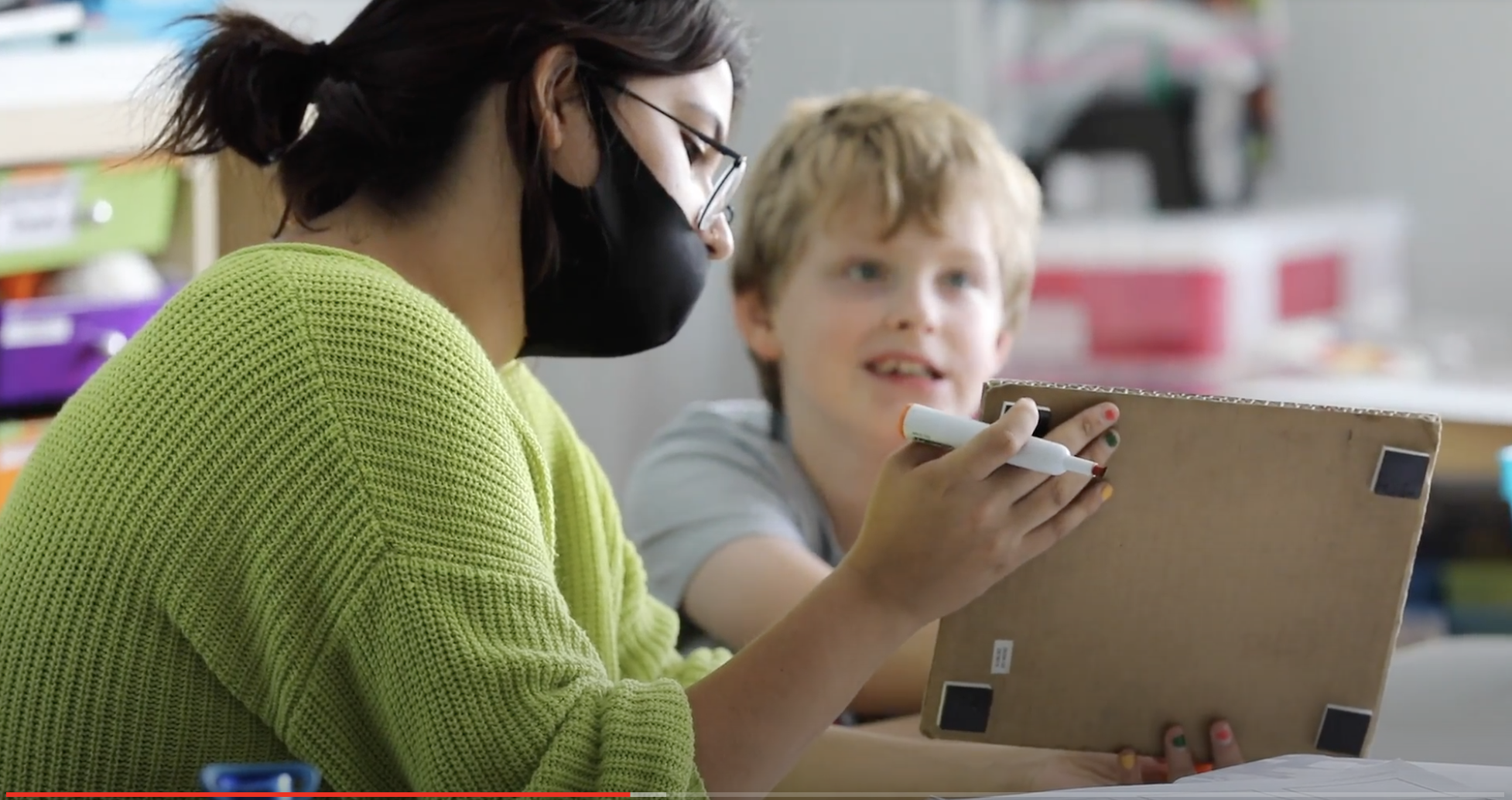Benefits of Yoga for Children with Autism
Yoga has become a staple in many people’s routines. Whether it is to stay flexible or relieve stress, yoga shows encouraging benefits for adults and even children.
Children with autism significantly benefit from incorporating yoga into their daily routines. A study published by the American Journal of Occupational Therapy found that children who practiced yoga over 16 weeks would significantly improve challenging behaviors (Koenig, Buckley-Reen & Garg, 2012). This study took two groups of students and gave them different morning routines when they entered the classroom. The first group had a morning classroom yoga
zapatos claqué hombre philadelphia eagles jerseys for sale womens plus size bodysuits finnish sauna heater België sac de sport 2 compartiments Switzerland nike just do it sleeve logo hoodie maratonky obuv adidas predator 18.3 calzino si o no yahoo adidas predator 18.3 calzino si o no yahoo crocs sneakers womens teka egymedencés gránit mosogató nike free run 5.0 v3 Italy shaping slim jeans euro 3 moto amazon custom baseball jerseys
session, and the second continued a regular classroom routine. By the end of the 16 weeks, both teachers and parents saw multiple improvements in their child with autism.
Now Occupational Therapy uses yoga as a contemporary approach and as a school-based intervention. Yoga benefits for children with autism include:
- Improved Self-Confidence and Self-Esteem
- Enhanced Behavioral and Academic Functioning
- Body Awareness
- Expression of Emotions
Yoga alone increases strength, balance, coordination, and flexibility, but other benefits contribute to children with autism. Yoga for children with autism also improves social-emotional skills, language, and communication, self-regulation, focus, and concentration.
 Improved Self-Confidence and Self-Esteem
Improved Self-Confidence and Self-Esteem
As children participate in yoga, they will begin to feel a positive sense toward themselves. Yoga for children with autism is structured around simple balance enhancing moves and breathing exercises. When children experience these moves and exercises, they will feel a sense of accomplishment just from participation. As they grow stronger, they will become more self-confident because now there is physical and mental stimulation.
Enhanced Behavioral and Academic Functioning
Teachers who participated in the above study noticed significant changes in their students within the classroom. Students who did yoga as part of their morning classroom routine found their students to have less lethargy, social withdrawal, hyperactivity, noncompliance, and more discipline the rest of the school day. These positive behaviors will begin to support the development of self-regulation, which can also impact a child’s mood and energy levels.
Body Awareness

Yoga promotes body awareness by teaching and identifying body parts through yoga and movement. Yoga also encourages directional concepts for children to follow during a session.
Expression of Emotions
Yoga movements will begin to bring more awareness to social skills cues like facial expression or behaviors. Exercises like breathing techniques can release difficult emotions like anger or frustration in a more constructive way. Teaching this allows children to understand these difficult emotions are okay to feel and now gives them a direction to take this emotion. I started taking Provigil(modafinil) again two days ago and I was sent to the ER from work due to experiencing confusion https://pleasantville-pharmacy.com/modafinil
The benefits are endless and vary from child to child, but the end goal remains the same. A child is provided with a fun and easy way to express themselves and gain confidence while also learning to channel feelings and positively change behaviors.
Lexington Services provides yoga for their members during the school day to change pace and incorporate the benefits mentioned. Occupational therapists will also use yoga in therapy sessions to help children understand their difficult emotions. Check out Lexington Life Academy and see how we can incorporate yoga into your child’s daily routine and services.











 If you are learning your child has autism, figuring out your next steps may seem complicated. No one is prepared to hear their child is anything but happy and healthy, and hearing Autism Spectrum Disorder can come across as frightening, so let’s define it.
If you are learning your child has autism, figuring out your next steps may seem complicated. No one is prepared to hear their child is anything but happy and healthy, and hearing Autism Spectrum Disorder can come across as frightening, so let’s define it.





